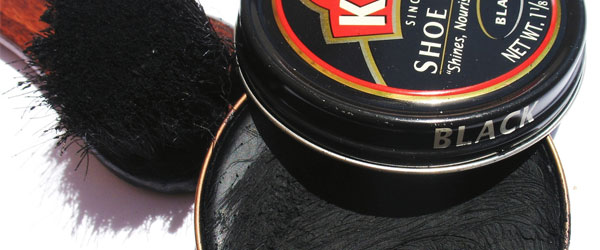Graduate programs in science can take an additional four to seven years beyond a Bachelor’s degree. That’s a lot of time to commit to advanced training! If you’re currently a high school or college student wondering if graduate school is the right path for you, perhaps an internship in a laboratory can help you decide.
Why should I do an internship?
First, why should you work in a laboratory? Among the many reasons, three are always worth mentioning:
- To get letters of recommendation, making your graduate or medical school application stand out from the rest.
- To learn cutting-edge techniques. Gain practical experience that will impress lab TAs and future employers. You’ll end the internship with a finished product to show and tell of your accomplishments – such as, a power point presentation with color photographs of cells from fluorescence microscopy, for example.
- To network with people who do science everyday. It’s more than bench experiments: networking with technicians, educators, other students, clinicians, bioinformaticists and their support staff helps you explore all kinds of other interesting, but maybe not-as-well-known career paths.
How do I find an internship?
So maybe you’ve always wanted to work in a laboratory, but were never really quite sure how to get there. Fear not! There are many ways to get your foot in the door. Consider the following places to find the opportunity that is right for you:
- Your University – Since you’ll be spending many undergrad years around the same core group of professors, take time to build a rapport with them. Many run their own labs and staff them with students just like yourself. These positions fill quickly and often last through an entire academic year, so start investigating no later than your sophomore year if you are interested in working “close to home”. There is no better lab to work for than one that matches with your major courses of study.
- Academic Health Centers – A plethora of opportunities can be found at academic health and research centers. These organizations train the next generation of scientists, doctors, nurses and other health care professionals. You’ll work in diverse teams, emphasizing collaboration. It’s good news for you that a lot of these labs are funded with grants: there’s usually money set aside to pay a stipend. If they don’t advertise internship programs, inquire with the research human resources department. Alternatively, seek out a PI and e-mail them directly. Even if they aren’t taking a student worker, they will pass your interest on to others who are.
- Museums – If you’re interested in interacting with lots of people everyday, turn to your local science museum for internship opportunities. Some museums have volunteer-staffed laboratories where visitors can run guided experiments hands-on, goggles and all! Whether your exhibits bubble, blink, change color, shape, phase or even launch a plastic rocket across a room, you will teach and inspire people of all ages. “Wow, that’s cool!” will quickly become your mantra.
- Local Programs – Great opportunities abound locally. If you live in Oregon or SW Washington (USA), for example, there is the Saturday Academy, which caters to high school freshman, sophomores and juniors. Their two-months Apprenticeships in Science and Engineering program matches students with professionals in the public and private sectors. Take a look at some of their example position descriptions to learn more. Do you know of any of public/private programs in your area? Please share yours with us in the comments below.
A few thoughts about applying for internships
Applying for an internship is a lot like applying for a job. Those who apply early are usually considered first, and also have the best chance of receiving a stipend. Take note of any deadlines for the programs you want to apply to. Above all, make your resume and correspondence professional always – it can make or break your chances for landing an interview with a laboratory.
Summer is just around the corner and many, many high school and college students will soon take to the labs for exciting internship opportunities. Will you be one of them?






